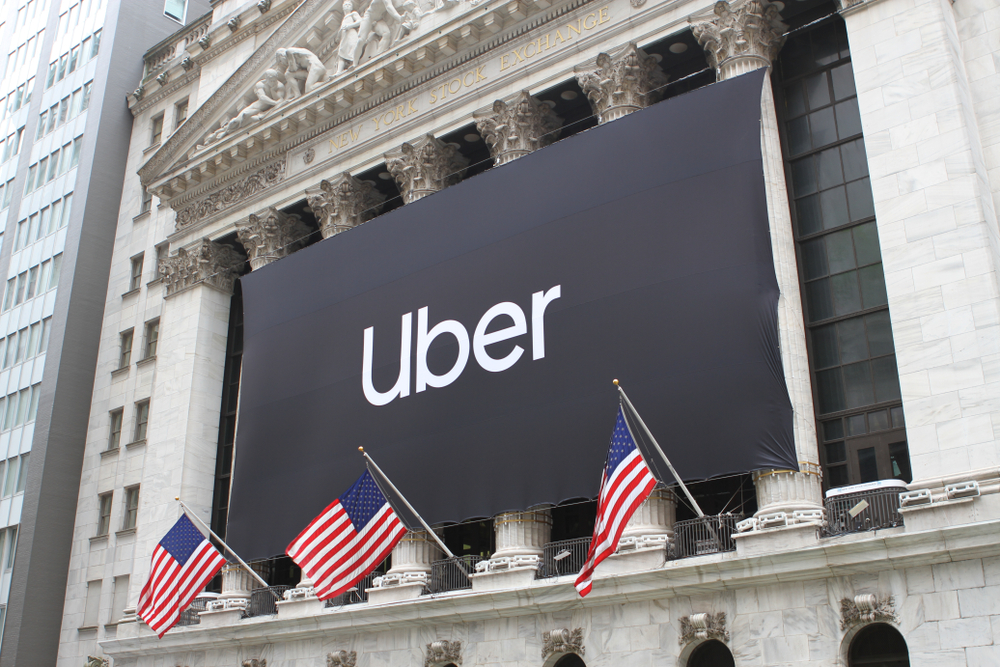Two men plead guilty to 2016 Uber and LinkedIn hacks
The pair used stolen AWS account credentials to access 57 million Uber customer accounts


Two men have pleaded guilty to a 2016 hack against systems belonging to Uber and LinkedIn and to holding stolen data to ransom.
Florida resident Brandon Glover and Canadian Vasile Mereacre appeared in court on Wednesday on charges of extortion and computer hacking.
The pair confessed that they used Amazon Web Service credentials to access customer data from both companies and demanded bitcoin payments for its deletion.
Uber had 57 million of its customer accounts breached in October 2016, however, following an attempted cover-up by the company, the extent of the breach was only revealed until the following year.
Data breach response: How to react when your business gets hit How not to get hacked in 2019 Facebook goes full Naked Gun after its latest password fiasco
The pair then attacked LinkedIn-owned Lynda.com, now LinkedIn Learning, where they gained access to 55,000 customer accounts in December 2016. LinkedIn immediately referred the incident to the police, at which point the full extent of the pair's activities came to light.
"In order to take on those people on the front lines of the cyber security battle, we rely heavily on our valued relationships and open dialogue with private sector companies in cyber industries," said John Bennett, the FBI special agent leading the case against the pair, speaking to The New York Times. "Their willingness to speedily report intrusions to our investigators allows us to find and arrest those who commit data breaches."
Stolen credentials
The case was presided over by Judge Lucy Koh, the same official that mediated on Yahoo's financial penalty following the breach of its systems in 2013.
Get the ITPro daily newsletter
Sign up today and you will receive a free copy of our Future Focus 2025 report - the leading guidance on AI, cybersecurity and other IT challenges as per 700+ senior executives
Judge Koh heard that Glover and Mereacre used hacked Uber and Lynda employee AWS credentials to gain access to the data. In both breaches, the pair then attempted to contact security officials at the companies using pseudonyms and untraceable accounts, demanding for bitcoin payments in exchange for the information.
In October 2016, officials from the ride-hailing firm tried to conceal the incident and reach a deal with the two men by paying them through a bug bounty website. However, in Uber's case, the hackers were not invited to test its systems and were asked to sign nondisclosure agreements in exchange for two payments of $50,000 in bitcoin.
However, when contacted by the hackers in December 2016, security officials at Lynda.com ignored this and immediately notified authorities of the hack.
Uber's failure to disclose the breach led to an investigation and $148 million settlement. Joe Sullivan, the chief security officer at the time, was ousted for presiding over the deal and failing to notify the victims of the breach. Former CEO Travis Kalanick, who left the company shortly after following accusations of sexism and poor working practices, was also reportedly aware of the breach during this time.
Having pleaded guilty, Glover and Mereacre will be sentenced in 2020 and could face five years in federal prison and a fine of up to $250,000.
Bobby Hellard is ITPro's Reviews Editor and has worked on CloudPro and ChannelPro since 2018. In his time at ITPro, Bobby has covered stories for all the major technology companies, such as Apple, Microsoft, Amazon and Facebook, and regularly attends industry-leading events such as AWS Re:Invent and Google Cloud Next.
Bobby mainly covers hardware reviews, but you will also recognize him as the face of many of our video reviews of laptops and smartphones.
-
 Third time lucky? Microsoft finally begins roll-out of controversial Recall feature
Third time lucky? Microsoft finally begins roll-out of controversial Recall featureNews The Windows Recall feature has been plagued by setbacks and backlash from security professionals
By Emma Woollacott Published
-
 The UK government wants quantum technology out of the lab and in the hands of enterprises
The UK government wants quantum technology out of the lab and in the hands of enterprisesNews The UK government has unveiled plans to invest £121 million in quantum computing projects in an effort to drive real-world applications and adoption rates.
By Emma Woollacott Published